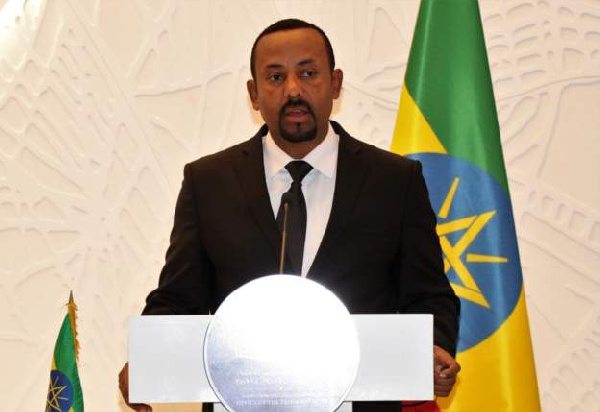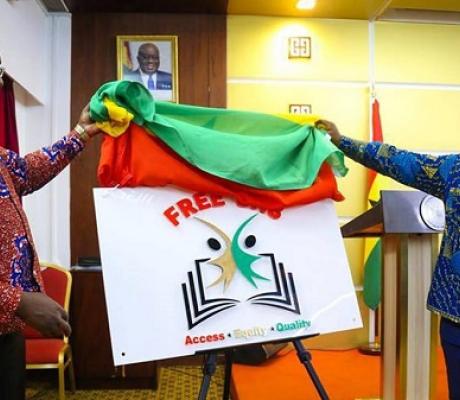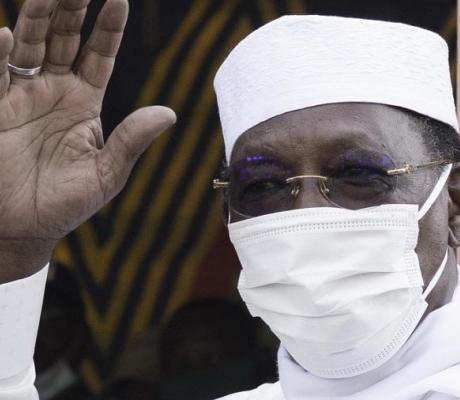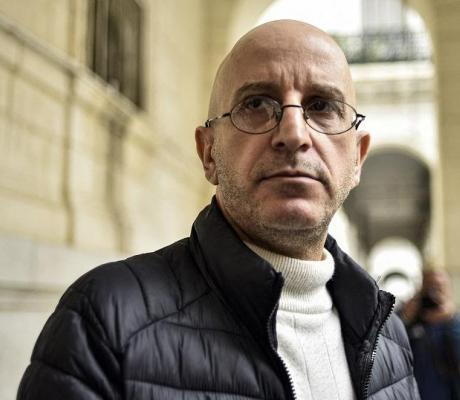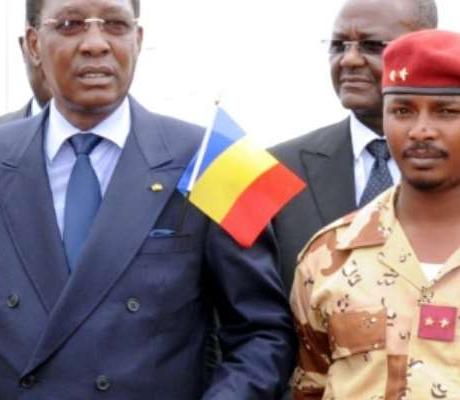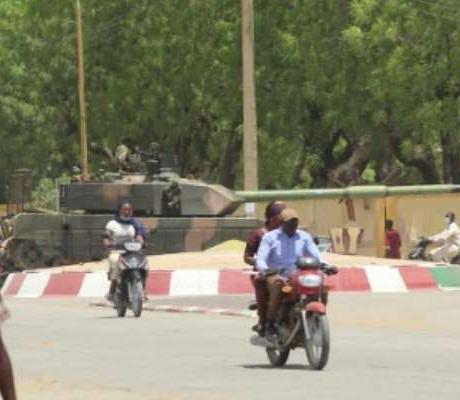An Ethiopian soldier shot a man dead in front of several people after his phone rang during a public meeting, Amnesty International says.
It is one of many incidents the rights watchdog recorded from a security crackdown in Oromia regional state at the end of 2018 and 2019.
This was the year that Prime Minister Abiy Ahmed won the Nobel Peace Prize.
He has been praised for his reforms, but they may have lifted a lid on ethnic tensions.
The BBC has tried to contact the authorities to respond to the report but they have not reacted.
Why was the man shot dead?
Ariti Shununde, 32, was killed during operations to suppress an armed group, the Oromo Liberation Army (OLA), according to witnesses quoted by Amnesty International.
The army called for a public meeting in one local area in Oromia and collected all the phones of those who had turned up.
One of the phones then rang and when soldiers asked for the owner to identify himself Mr Ariti stepped forward, an eyewitness is reported to have said.
He was then shot in the back twice, the witness added. The rights group says that it has corroboration from other witnesses.
His family was told to bury Mr Ariti immediately.
What else does Amnesty say?
It says it has found evidence of the extrajudicial killings of 39 people in Oromia, including Mr Ariti.
Through witness testimony, it details how three other victims were taken out of police cells and shot dead.
In late December 2018 soldiers killed 13 people in the town of Finchawa in what Amnesty International describes as indiscriminate shooting.
The security forces are also accused of rounding up thousands of people they believed were supporters of the OLA.
The OLA is a breakaway faction of the Oromo Liberation Front (OLF), a former separatist rebel group which laid down arms following peace talks with Mr Abiy.
Source: bbc.com

